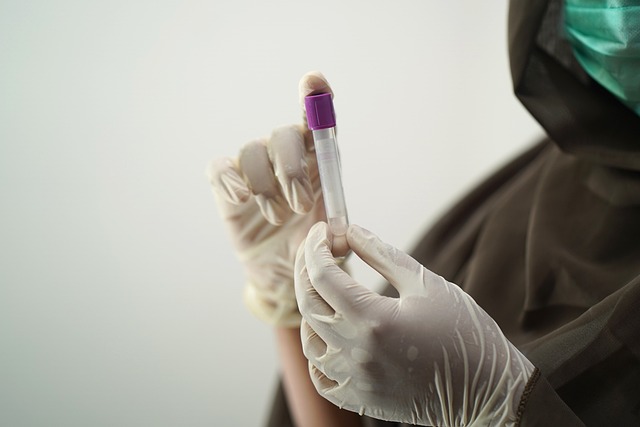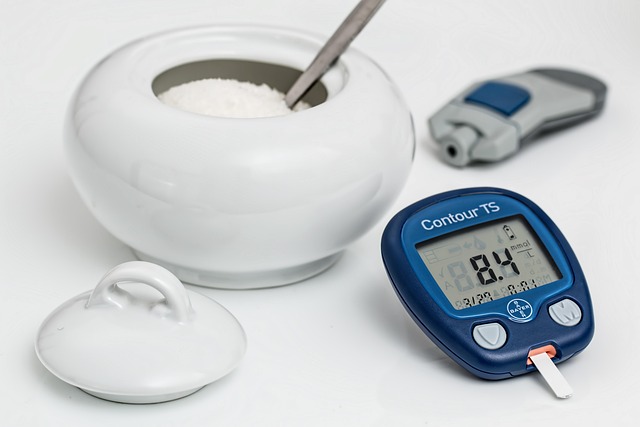Revolutionizing Healthcare with Technological Metabolomics Diagnostics
The landscape of healthcare is continuously evolving, with innovations in technology paving the way for more accurate and personalized diagnostics. One of the most exciting frontiers in this transformation is metabolomics diagnostics, a field that holds incredible promise for enhancing our understanding of health and disease.
Metabolomics, the study of small molecules or metabolites found within biological samples, offers invaluable insights into the biochemical processes of the body. By analyzing these metabolites, healthcare professionals can gain a clearer picture of an individual’s metabolic state, which can aid in diagnosing various health conditions.
Technological Innovations Shaping Metabolomics
With the advancement of analytical technologies, such as mass spectrometry and nuclear magnetic resonance (NMR) spectroscopy, the field of metabolomics diagnostics is rapidly advancing. These technologies allow for the precise measurement of metabolites in biological samples, providing a wealth of data that can be analyzed to identify biomarkers for diseases ranging from diabetes to cancer.
Moreover, the integration of artificial intelligence and machine learning with metabolomics data analysis is pushing the boundaries of diagnostics. These innovative tools can sift through vast datasets, identifying patterns and correlations that may not be visible to the human eye, leading to early detection and more tailored treatment options.
Health Innovations Driven by Metabolomics
The implications of metabolomics diagnostics extend far beyond traditional health checks. With the ability to personalize medicine, healthcare providers can develop more effective treatment plans based on an individual’s unique metabolic profile. This personalized approach to treatment not only enhances patient outcomes but also helps reduce the risk of adverse drug reactions, as therapies can be tailored to fit individual metabolic responses.
Furthermore, metabolomics diagnostics holds potential for proactive health management. By monitoring metabolic changes over time, individuals can better manage their health, preventing the onset of diseases through lifestyle adjustments and targeted interventions. This shift from reactive to proactive healthcare represents a significant leap toward a healthier population.
As we continue to explore the vast potential of metabolomics diagnostics, it is clear that these technological and health innovations are set to revolutionize healthcare as we know it. The future of diagnostics is bright, promising enhanced accuracy, personalization, and ultimately, better health outcomes for all.




